Why classical music requires special speakers
The classical music genre has a wider dynamic range compared to other music styles. The tone can easily change form a vibrant treble to a deep bass in seconds. In most cases, people attend live performances for an enthralling experience.
However, you can bring this kind of experience right into your room by venturing into the best speakers for classical music. The frequency range of such monitors will surprise you – it can deliver the perfect sound just as if you were listening to your favorite concerto life.
Go classical – how to arrange your speakers
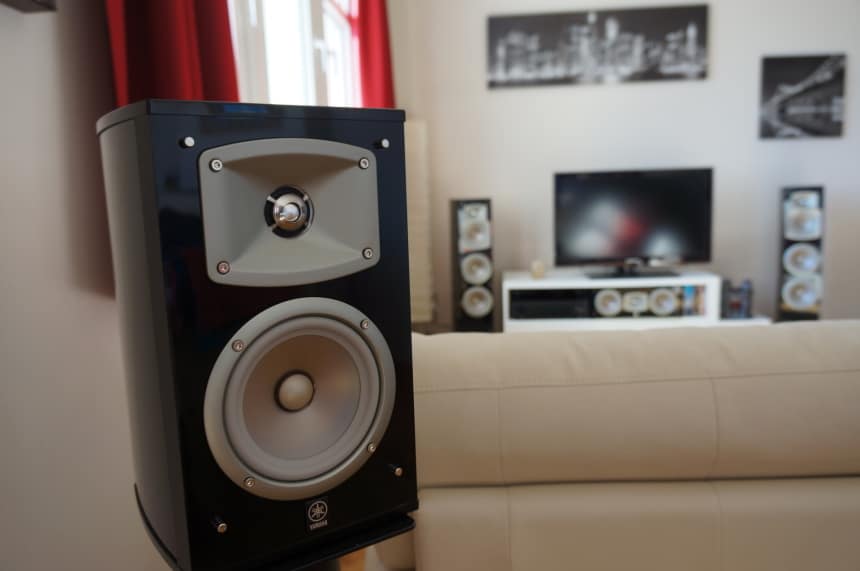 It doesn’t matter whether you choose the most expensive speaker on the market, if you don’t arrange them properly, the sound delivery will be quite annoying. So, what is the best way to arrange your speakers? If you have two speakers, they need to symmetrical to each other. More so, the distance between them should be equal. This way, you’ll sit down and enjoy your classical music with crystal clear and clean sound.
It doesn’t matter whether you choose the most expensive speaker on the market, if you don’t arrange them properly, the sound delivery will be quite annoying. So, what is the best way to arrange your speakers? If you have two speakers, they need to symmetrical to each other. More so, the distance between them should be equal. This way, you’ll sit down and enjoy your classical music with crystal clear and clean sound.
Avoid placing the speakers on the ground to enable you to get high-frequency delivery. The speaker should be at about the same height as your ears. Therefore, you can place the speakers on a cupboard or shelf. Alternatively, you can invest in a pair of speaker stands.
There should be no barrier between your speakers and ears. The barrier can block the signal, hampering the overall sound quality.
Brand considerations
There is a myriad of brands on the market that manufacture speakers. However, not all of them can clearly create a product worth for classical music. Classical music speakers need high-quality technology to ensure you get the best sound quality.
Thus, you need to choose a reliable and reputable brand. So, how do you do this? Ensure you read reviews from previous clients to get the necessary information. You can also get recommendations from close friends and relatives.
Furthermore, consider the experience. For instance, Yamaha has over five decades of experience. They have the best innovative technology to manufacture high-quality products. Their professionalism is above the ceiling.
Prices
When it comes to classical music speakers, you get what you pay for. The better the quality, the higher the price. However, some brands strike a balance between affordability and quality. On the lower side, you get a classical music speaker at $200. Some of the best brands will cost you around $1000.
If you want enthralling concert-like experience, then be ready to spend some bucks. However, this doesn’t mean you have to nosedive into debts to get a high-quality product. Always choose what fits your budget without compromising the quality.
Choose the best speakers for classical music by the following features
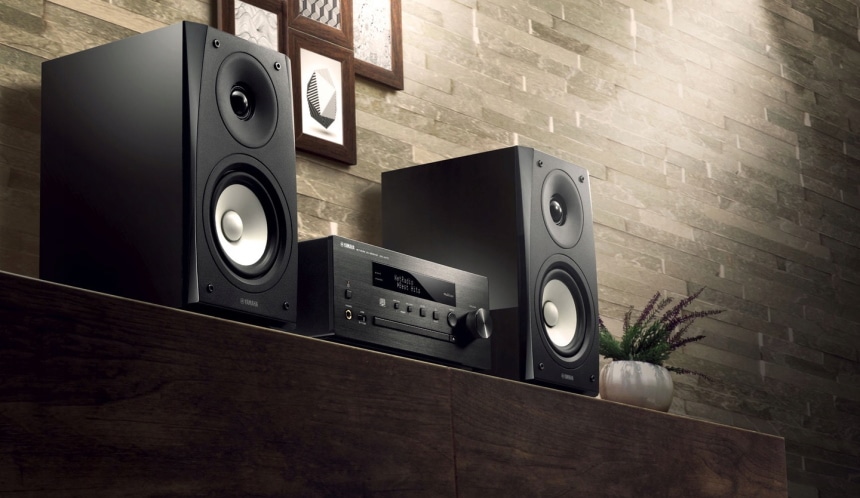 Securing the best speakers for classical music can be unnerving, especially if you’re shopping for the first time. There is an array of factors and features to consider to help you pick the most reliable device. Classical music speakers come in various shapes, sizes, weights, colors, and endowed with different features.
Securing the best speakers for classical music can be unnerving, especially if you’re shopping for the first time. There is an array of factors and features to consider to help you pick the most reliable device. Classical music speakers come in various shapes, sizes, weights, colors, and endowed with different features.
Therefore, you have to rummage through various brick-and-mortar and online shops to choose what best fits your needs and budget. below, we have outlined essential features to consider before purchasing the speaker for classical music
Size
Undoubtedly, speakers for classical music are available in various sizes. The products can either be large or compact to fit in small spaces. For instance, the KEF Q350 is a large speaker measuring 11.9 x 7 x 10.9 inches. It’s suitable for large spaces. If you have a squeezed space and still want to enjoy incredible classical music, Yamaha NS-333 can be an ideal solution.
However, the size isn’t proportioned to the sound quality. Some of the compact speakers are knowns to have the best sound quality.
Dynamic range
Dynamic range is a definitive difference between the loudest and quietest volume of a speaker. Dynamic range is measured in decibels, and it’s important because it relates to the speaker’s capability to reproducing high-impact audio moments without rattling. A speaker endowed with a high dynamic range delivers sonic excitement and energy present in live performances and movies.
Warranty
A warranty is a guarantee or an assurance provided by the manufacture or a product. It assures you that you’re about to purchase high-quality products without manufacturing defects. With a warranty, you can ask the manufacturer to rectify the defects.
This is not different with speakers. When choosing the best speaker for classical music, ensure you pick a product with a warranty. A good warranty must give detailed information about the manufacturers’ conditions. You need to know whom to contact for repairs. Can a company replace or repair the product? Or if you return it, will you get your money back?
When choosing a speaker, ensure you pick the one with a warranty. Definitive Technology SR-9080 comes with a 5-year limited warranty on cabinet and 3-years limited on electronics. This means the company can repair or replace the cabinet if it gets defective before the lapse of five years.
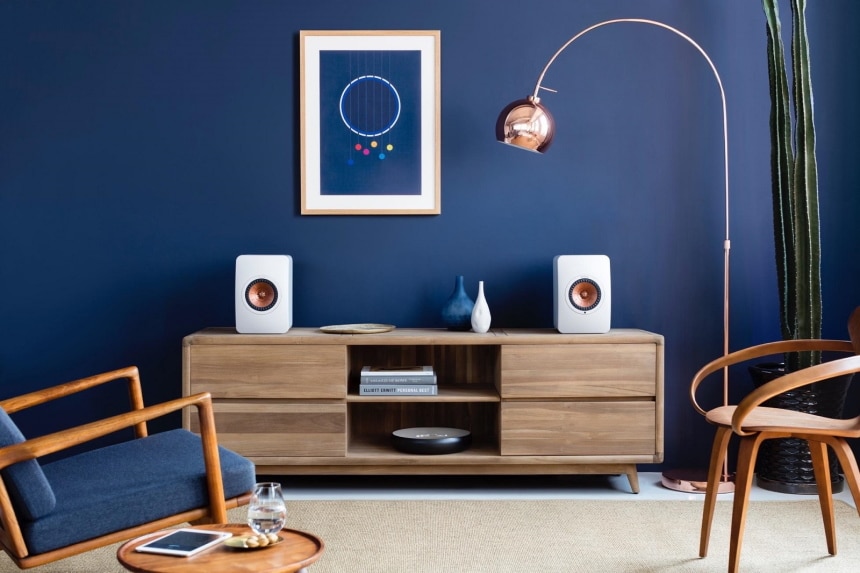
Bluetooth option
The best Bluetooth speaker for classical music is portable and makes it easy to listen to music. Listening to classical music need total focus and concentration. If you’re in a congested place and want to listen to your favorite music, you can connect to the phone and have a private moment.
This can also happen when your room is not soundproof, and you don’t want to cause noise pollution within your neighborhood. Therefore, consider purchasing a speaker with Bluetooth options.
Durability
Just like in other products on the market, durability is a major factor to consider. You wouldn’t want to spend a bunch of dollars for a speaker only for it to break or get damaged easily. Durability is determined by the material used.
High-quality material enhances the durability of speakers. The material used also provides an authentic classical sound to suit your needs and satisfy your heart desires. More so, consider features such as dustproof, waterproof, and weatherproof. They add versatility and makes it easy for portability and maintenance.
Power
A classical music speaker can either be powered by batteries or AC. If you choose a battery-powered product, ensure it uses a rechargeable li-ion battery with more than 3000 mAH. This can last you for several hours of continuous playtime.
The electric-powered speakers such as Klipsch Heritage Wireless the One II come with power cable to ensure you enjoy continuous music. You can choose the power source you want.
Impedance
Impedance basically tells you the amount of current that will flow via a speaker at a certain voltage. The power is current times voltage. A lower impedance speaker accepts more power from your speaker. A 4-ohm speaker will accept more power than 8-ohm speakers can do.
Therefore, it’s prudent to choose a classical music speaker with high impedance. This will save you more power, lower the electrical bills, and allow you to enjoy music relaxingly.
Sound quality
The material used will determine the sound quality of a speaker. From wires to the glue, the materials used have an impact on the overall sound. When it comes to a speaker, every tiny detail adds up to the entire sound impact. That’s why you’re required to be keen when selecting the component.
It can be compared to cooking. Some chefs would make delicious dishes better than others. The crossover circuit also plays an essential role in how a speaker sounds. If a speaker is fitted with more one driver, a crossover will determine the frequencies to be produced by which driver. Trebles would get directed to a tweeter while the bass will be directed to the woofer.
Woofer
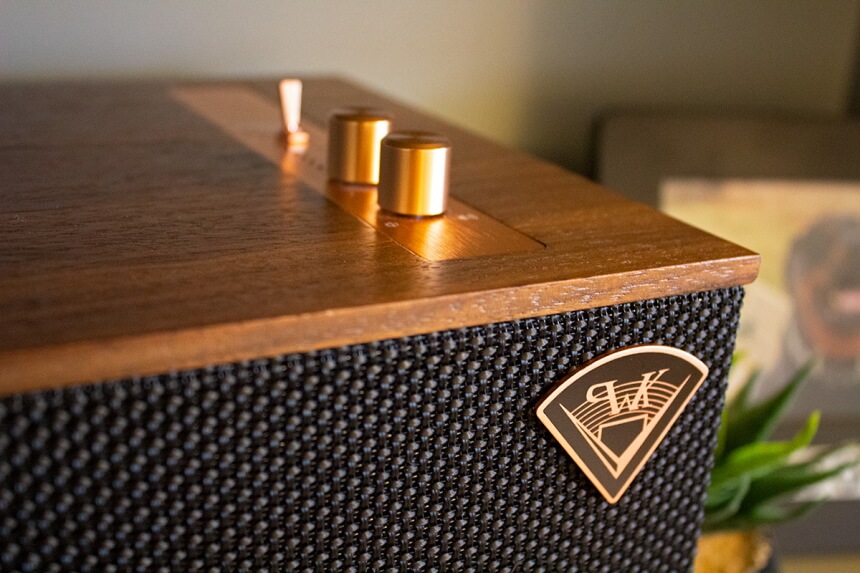
Woofers are designed to handle lower frequency range for speaker systems. A standard woofer produces frequencies from 20Hz – 2000hz. Some high-quality speakers contain whether a tweeter and tweeter or a tweeter, mid-range the or a woofer. The first set-up is known as a 2-way speaker, while the latter is known as a 3-way speaker. The Yamaha NS-333 is an example of a 2-way speaker.
A subwoofer is only capable of producing 200Hz. They are designed with one or more woofers. However, they don’t have the best sound quality.
Therefore, it’s prudent to choose a speaker that will produce high frequencies for a clear, smooth, and clean sound.
Affordability
The best speaker for classical music doesn’t have to coast you an arm and leg. Some brands offer the best features at a competitive price. There are speakers with higher prices but might not deliver quality sound or last you for long. All you need is to choose a product that will suit your needs and fit your budget. Ensure the speaker has fantastic components for stellar sound.
Placement of Speaker
Where you place the speaker determines the impact of the sound. You’ll probably need the nest vintage bookshelf speaker if you plan to place them in furniture. Ensure you select the right spot to place the product. However, don’t make a mistake of placing a speaker on the floor. This will affect the sound quality. Hard surfaces affect the sound quality. If getting a vintage floor speaker isn’t viable, buying an audiophile bookshelf is the best option.
Extras
Wide frequency, enhanced bass definition, and decent look are some of the features that make a great speaker for classical music. More so, choose the right components, such as good sound drivers and crossover networks.
You should also consider the latest technology used in designing the speaker. Excellent frequency range, ability to get paired with different devices, Bluetooth connectivity, and your home décor. As you purchase a speaker, ensure it will complement or enhance your home décor.





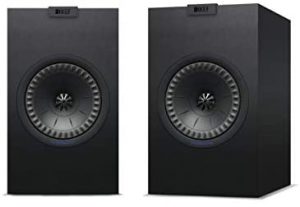
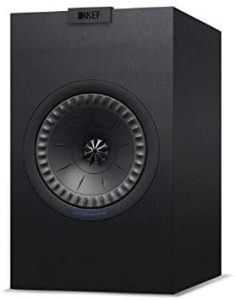
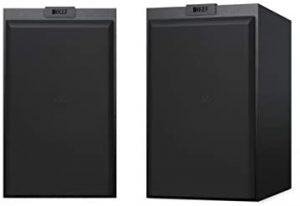
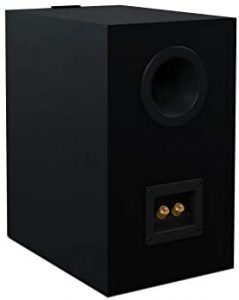
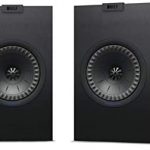
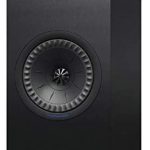
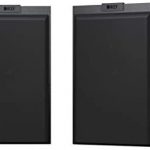
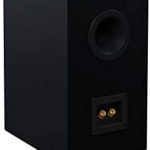
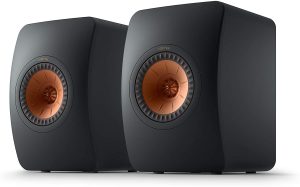
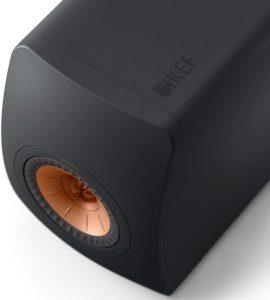
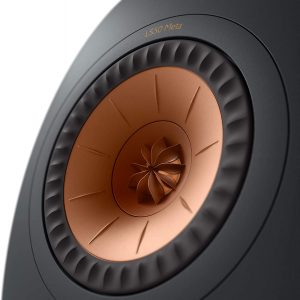
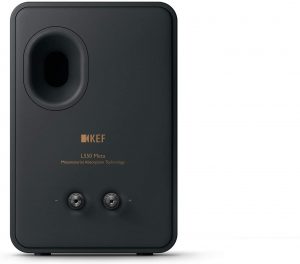
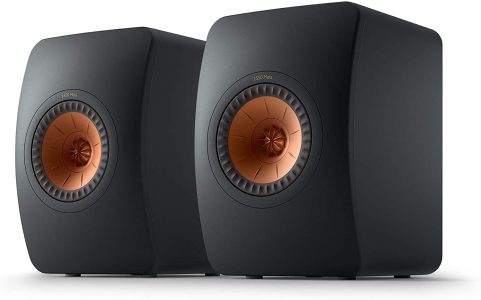
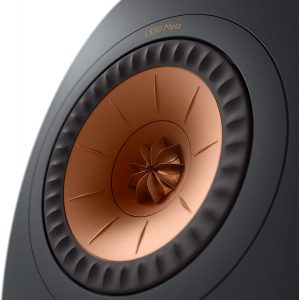
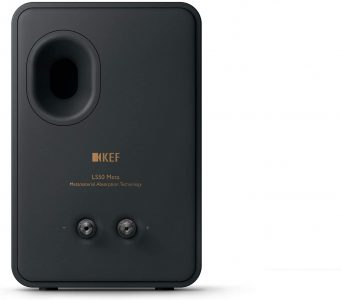
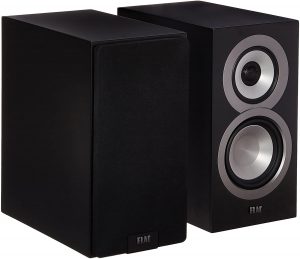
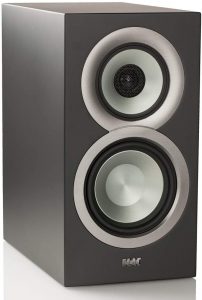
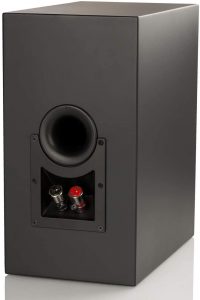
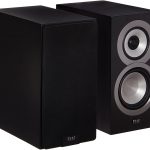
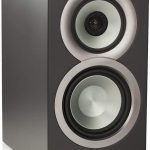
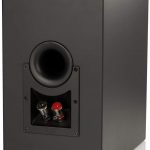
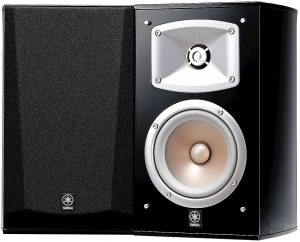
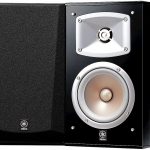
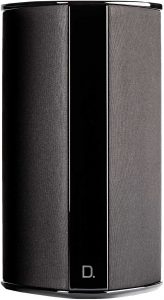
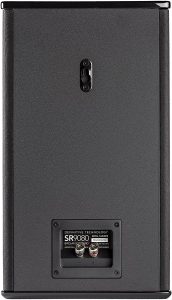
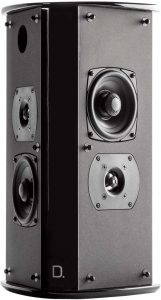
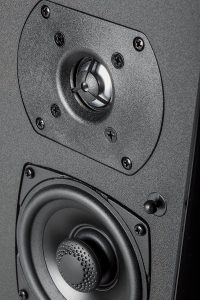
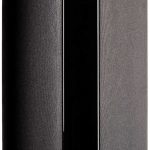
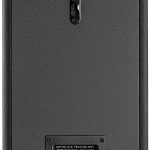
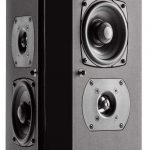
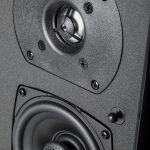
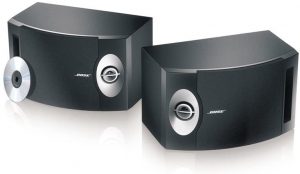
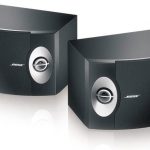
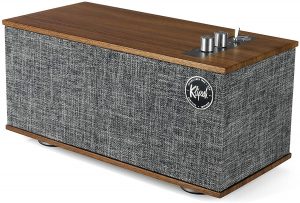
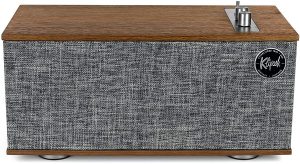
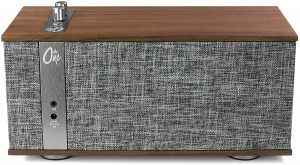
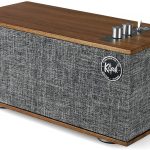
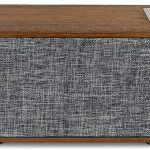
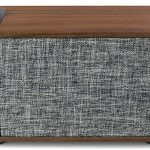
 It doesn’t matter whether you choose the most expensive speaker on the market, if you don’t arrange them properly, the sound delivery will be quite annoying. So, what is the best way to arrange your speakers? If you have two speakers, they need to symmetrical to each other. More so, the distance between them should be equal. This way, you’ll sit down and enjoy your classical music with crystal clear and clean sound.
It doesn’t matter whether you choose the most expensive speaker on the market, if you don’t arrange them properly, the sound delivery will be quite annoying. So, what is the best way to arrange your speakers? If you have two speakers, they need to symmetrical to each other. More so, the distance between them should be equal. This way, you’ll sit down and enjoy your classical music with crystal clear and clean sound. Securing the best speakers for classical music can be unnerving, especially if you’re shopping for the first time. There is an array of factors and features to consider to help you pick the most reliable device. Classical music speakers come in various shapes, sizes, weights, colors, and endowed with different features.
Securing the best speakers for classical music can be unnerving, especially if you’re shopping for the first time. There is an array of factors and features to consider to help you pick the most reliable device. Classical music speakers come in various shapes, sizes, weights, colors, and endowed with different features.






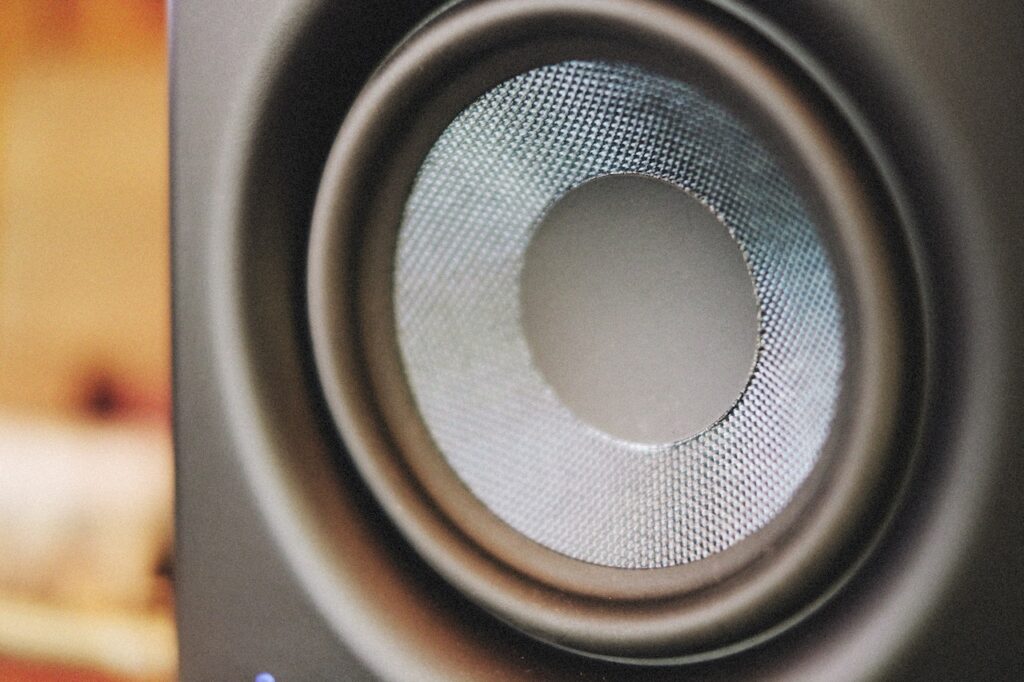
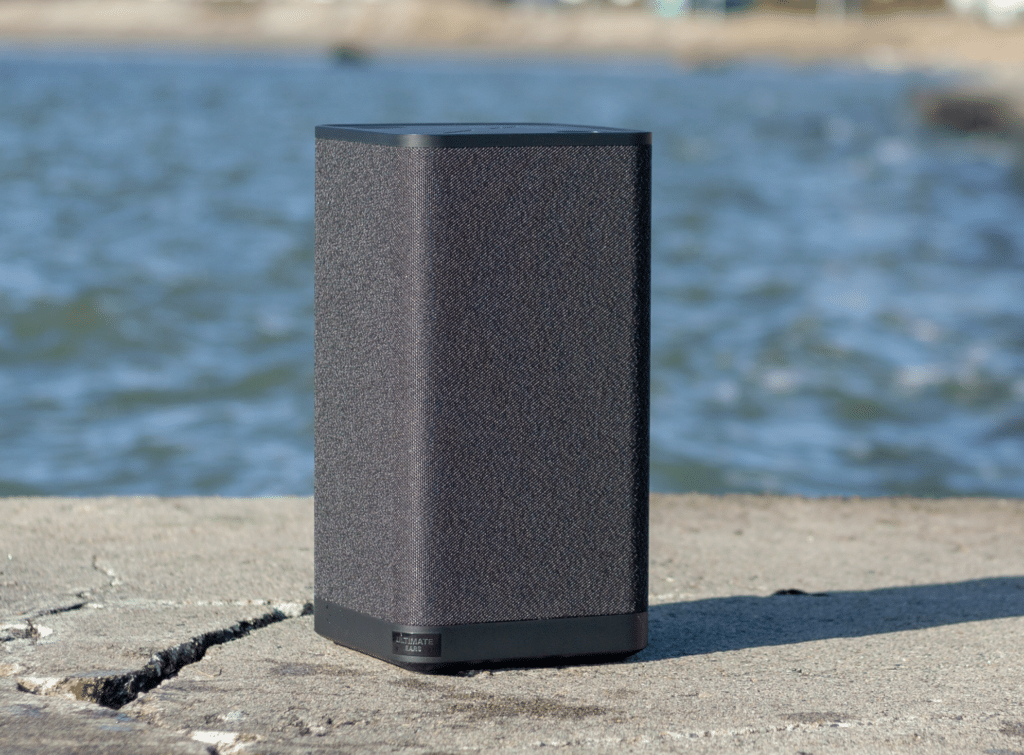

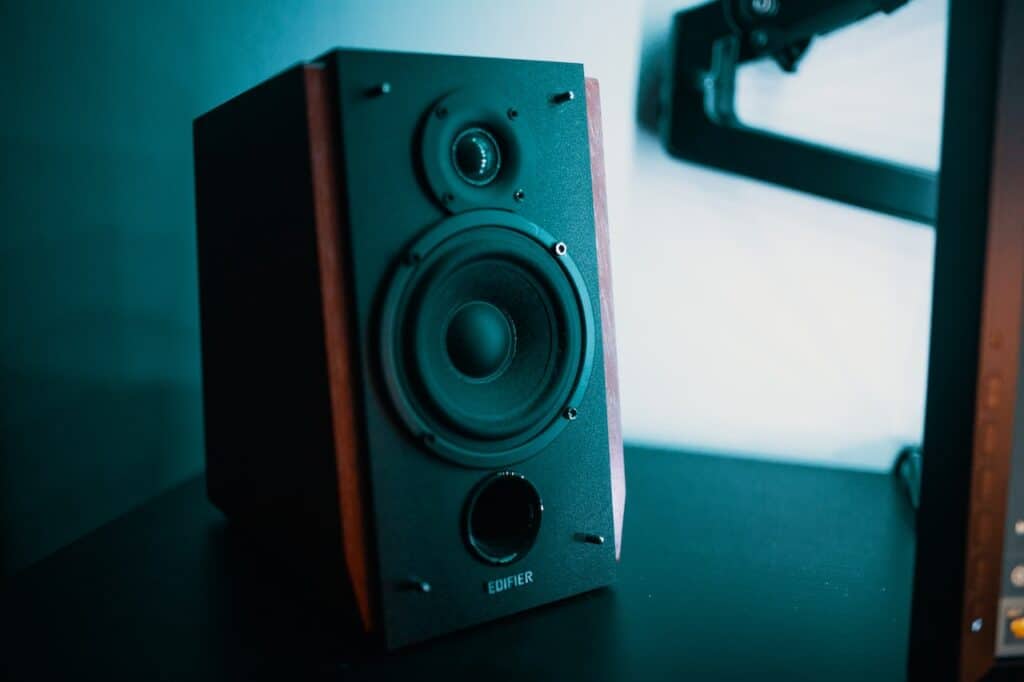
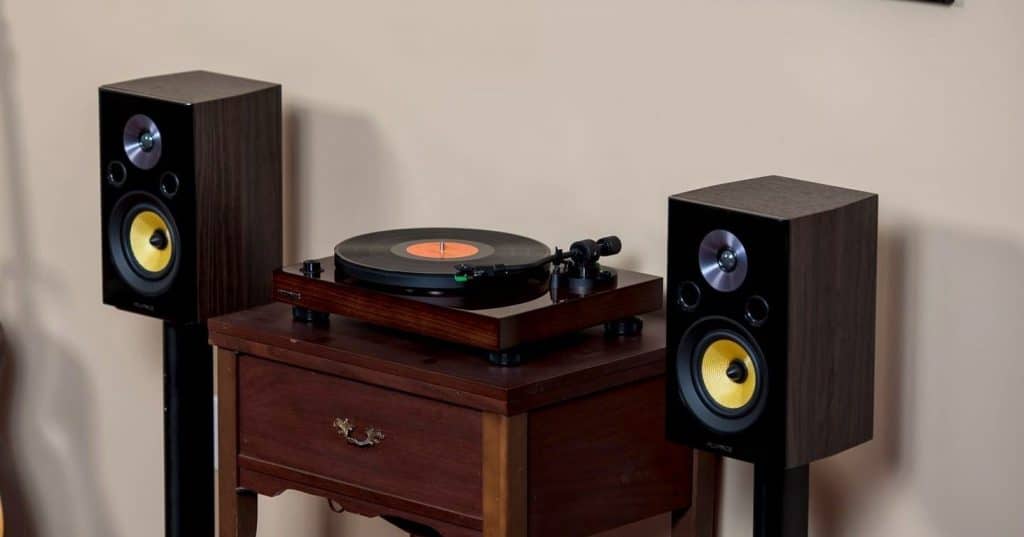
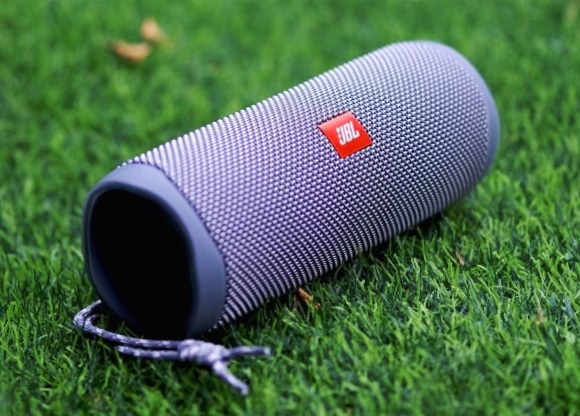
Thank you for detailed guide